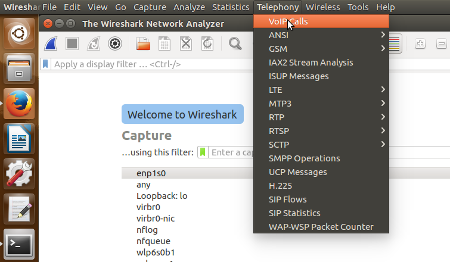
Just remember to replace 127.0.0.1 with the IP of PolarProxy in case it is running on a remote machine. This setup works on Windows, Linux and macOS.

I have previously demonstrated how this decrypted stream can be read by NetworkMiner, but it was not until recently that I learned that the same thing can be done with Wireshark as well. If you start PolarProxy with “-pcapoverip 57012” then a PCAP-over-IP listener will be set up on TCP port 57012. PolarProxy comes with a feature called PCAP-over-IP, which provides a real-time PCAP stream with decrypted packets to connecting clients. Users who wish to inspect the decrypted TLS traffic in Wireshark typically open this file from disk, but that doesn’t allow for a real-time view of the traffic. PolarProxy is a TLS proxy that decrypts and re-encrypts TLS traffic, while also saving the decrypted traffic in a PCAP file. This blog post explains how you can configure Wireshark to read decrypted TLS packets directly from PolarProxy over a TCP socket. sox is a command line audio tool for linux, I was using it to convert the raw audio into a wav.Did you know that it is possible to stream captured packets from a remote device or application to Wireshark in real-time using PCAP-over-IP? so you'll need that or something like that. Maybe that will work better, since it's using the wireshark library (tshark) to filter out the audio from the pcap. A for loop is used to construct raw audio from the bytes here and then the script uses "sox" to convert the raw audio into a wav. the script uses Tshark to make the pcap, and then it's used again to filter the pcap for the rtp.ssrc field in the pcap. it's a linux tool, i have it installed on BSD as well as CentOS.

You'll need to install that on your system you're testing on. It makes use of tshark which is a command line version of wireshark. open Help -> About Wireshark window switch to Plugins tab select codec as Filter by type To play the RTP audio stream of one or multiple calls from the VoIP List, select them from the list and then press the 'Player' button: Choose an initial value for the jitter buffer and then press the 'Decode button'.


At the top of the link'ed article, you'll se the small bash script. It's basically doing the same thing programatically, but I never had an issue with audio quality with the bash script. That's where I started (before using Python.) I'll link my bash script here in this comment. If you need a quick solution that works, I'd suggest trying to do it as a bash script.


 0 kommentar(er)
0 kommentar(er)
